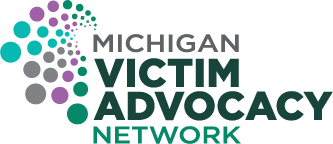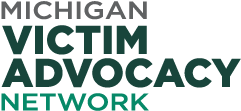How We Can Support Survivors Of Human Trafficking
So, you took Measurable Change’s Human Trafficking 101 training or maybe OVC’s Voluntary Services training, but you still have questions. “How do I support survivors once they’re out of trafficking? What barriers to help-seeking exist for survivors from different communities? What advice do you have for directly working with survivors?”
In short: What can I actually do to make a difference?
Luckily, we heard you and are here to help! Check out this compilation of some of the best and newest resources and trainings below from around the nation that address many of the questions you had and offer practical advice for advocates working with and supporting survivors of human trafficking.
And please, as always, don’t hesitate to contact us if you’re still looking for something!

Credit Repair Process for Survivors of Human Trafficking
August 2022
Guide from the Polaris Project
This helpful factsheet breaks down the new Debt Bondage Repair Act (launched July 2022), which is “a process through which survivors of human trafficking can apply to have adverse credit information resulting from their trafficking experience removed from their credit reports.” This guide provides an overview of the act and credit scores, provides information about requirements and eligibility, and walks through the process from application submission to appealing the decision.
Colonization, Homelessness, and the Prostitution and Sex Trafficking of Native Women
January 2020
Article from National Resource Center on Domestic Violence (NRCDV)
This paper discusses the ways in which colonization and other historical and intergenerational traumas experienced by the Native American community, especially by Native American women, have led to many challenges facing the community today, including homelessness and housing insecurity, sexual assault and exploitation, and more. Authors argue that the term “sex work” further makes invisible the exploitation of Native American women by making it more likely to have services denied to them and increasing stigmatization and criminalization, thereby making it harder to seek help.
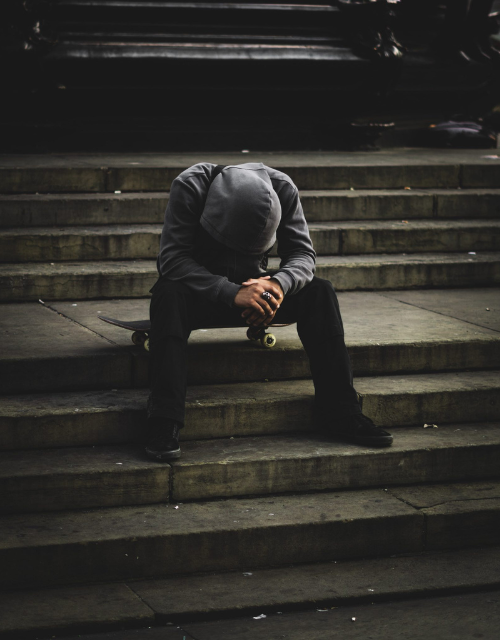
INTERSECTION OF HUMAN TRAFFICKING AND SUBSTANCE USE, COLLABORATION STRATEGIES TO SUPPORT SURVIVORS
September 2022
Training from Futures Without Violence
This training discusses how many survivors of human trafficking also use substances and how that can impede services by affecting perception of them during help-seeking. It talks about the critical nature of trauma-informed services and support to working in both fields. Trainers offer practical advice for advocates and shelter programs from building a supportive team, minimizing shelter rules, working collaboratively with clients, and even offer considerations for rural agencies.
*registration required for viewing
INTERSECTION OF JUVENILE JUSTICE AND SEX TRAFFICKING OF BLACK GIRLS
July 2022
Training from Youth Collaboratory with OVC support
This training focuses on the unique ways in which the adultification and sexualization of Black girls impacts their involvement with the juvenile justice system, mainly be leading to a lack of empathy and compassion and increasing victim-blaming attitudes and consequences. This training talks about what changes need to be made at community and policy levels and offers advice for advocates and justice professionals working with these survivors.
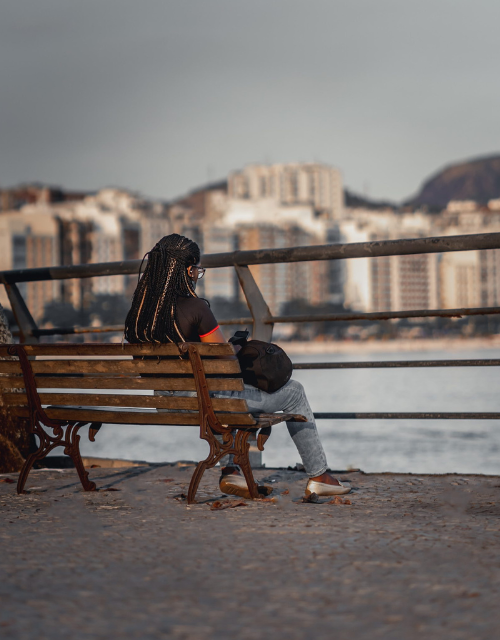
Sex Trafficking of Black Women and Girls
January 2022
Resource from the National Black Women’s Justice Institute (NBWJI)
Racism directly impacts who is trafficked. This three-page factsheet showcases the increased risk faced by Black women and girls resulting from systemic oppression (i.e. disproportionately high rates of homelessness and unstable housing, involvement with child welfare or legal systems, and behavioral health concerns.) It also provides short case summaries and resources.
POWERFUL PARTNERSHIPS: COLLABORATIVE EFFORTS TO ADDRESS HUMAN TRAFFICKING AFFECTING AAPI COMMUNITIES
February 2022
Training from Asian Pacific Institute on Gender-Based Violence (API-GBV)
This training discusses the importance of a respectful relationship between NGOs that serve survivors of human trafficking and law enforcement agencies like Homeland Security. They talk about labor and sex trafficking and how these crimes affect AAPI communities in the United States. Trainers also offer practical advice on the fear of deportation and how advocates can work with Homeland Security to help victims and survivors.
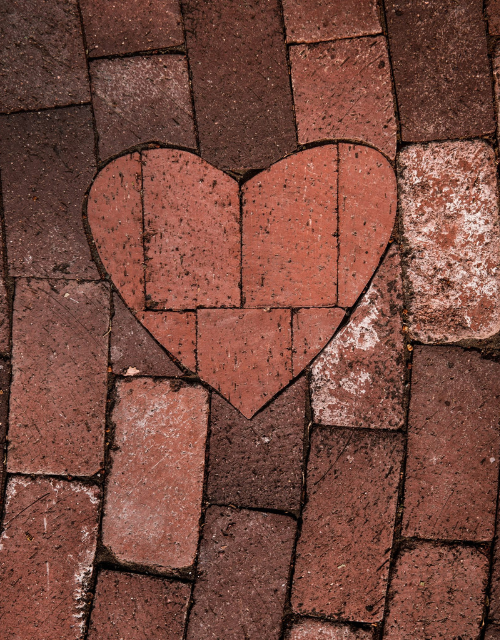
Human Trafficking Toolkit for Domestic & Sexual Violence Agencies
January 2021
Toolkit from the Michigan Coalition to End Domestic and Sexual Violence (MCEDSV)
This in-depth toolkit covers everything, including:
-
- Key concepts and terminology
- Interactions of human trafficking and other types of violence
- Ethics and confidentiality
- How to identify survivors
- Specific barriers, advice, and resources for working with survivors with various identities
- Agency policies
- Collaborative partnerships
- Michigan-specific human trafficking resource list
